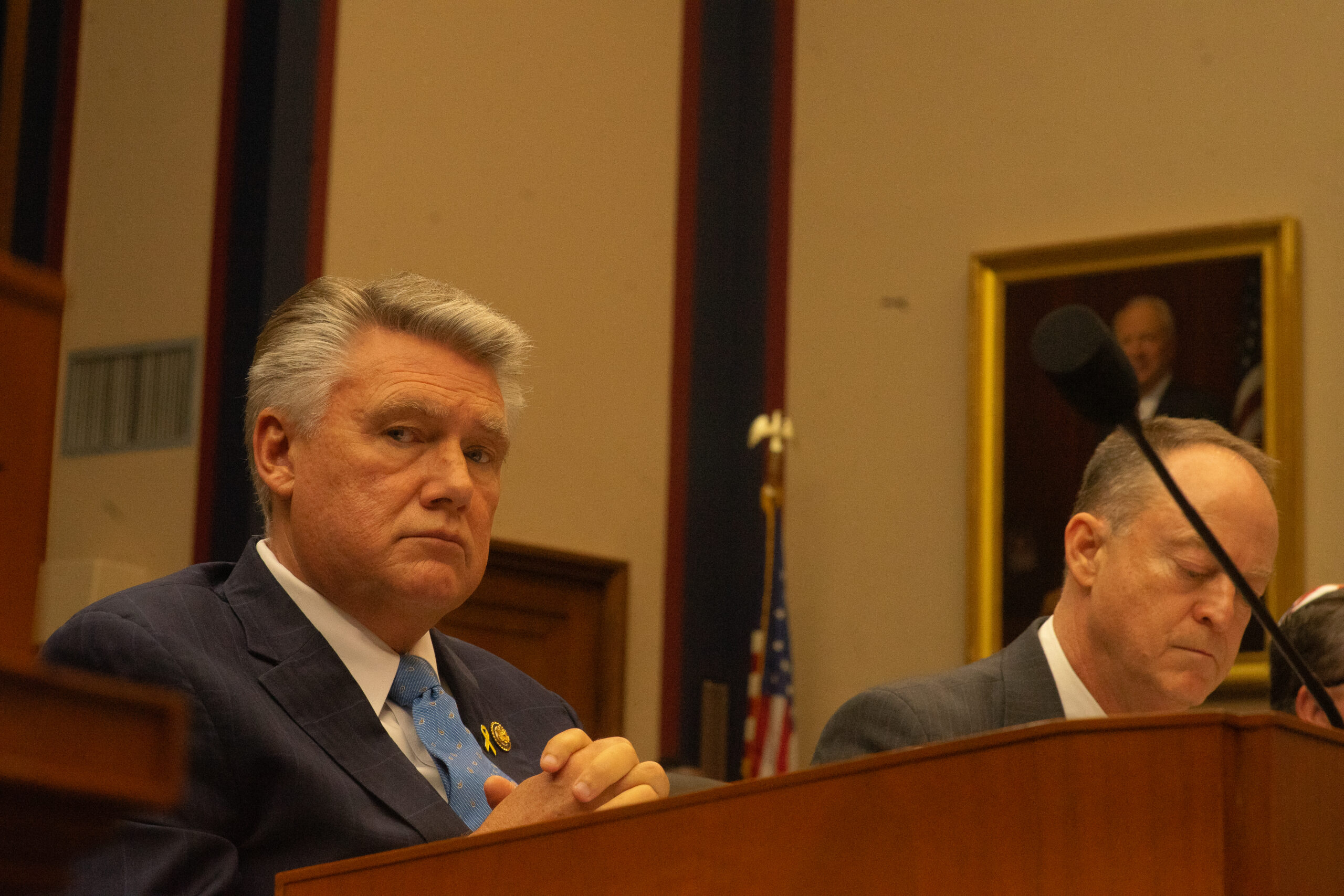[Editor’s note: Open letters published in the Bi-College News do not reflect the views of the publication, its staff, or its editorial board. This letter represents only the views of the author. The Bi-Co News continues to strive to reflect the perspectives and experiences of all students, faculty, and staff across the Consortium.]
Last summer a friend of mine on the faculty at Haverford College asked if I would speak on campus to help him and his colleagues understand my choice, as a rabbi and Religion Professor, to identify as an anti-Zionist. The talk I gave, “Judaism Does (Not) Equal Zionism: Exploring American Jews’ Complicated Relationship to Israel/Palestine,” detailed the history of American Jewish anti-Zionism and explained that, on this topic as on all others, Jews are not of one mind.
It never crossed my mind that the President of Haverford would receive a letter from the US House of Representatives Committee on Education and the Workforce that would require her to defend allowing me to speak on the topic, which the letter described as promoting “a culture of antisemitic discrimination.”
Assuming that my talk would come up during the hearings, I spent that morning listening with rapt attention as President Raymond was grilled by Republican committee members. I was proud that she valiantly defended Haverford’s policies that protected the identities of students that were involved in pro-Palestine demonstrations and pleased by her support of staff that, like the President herself, abhor antisemitism and all other forms of discrimination. I appreciated that several of the Democratic members questioned why if the Trump administration was so concerned with antisemitism, they had closed half of the offices of civil rights that investigate Title VI discrimination complaints. And I was quite happy that my talk never came up.
During this difficult time, I’ve wondered how my talk came to be referenced in that letter, since it was an academic analysis, based on serious historical research, that traced the history of anti Zionism as an integral part of American Jewish history. In the talk I explained that anti-Zionism was the majority view among American Jews from Zionism’s beginnings in the 1880s until the rise of Hitler. Although anti-Zionists were in the minority after the Holocaust and the establishment of the State in 1948, both non and anti-Zionism persisted despite the powerful efforts of established American Jewish organizations and the State of Israel to exile those who held those views from the Jewish world.
I also included my personal experience growing up. My family belonged to a classical Reform synagogue, Congregation Beth Elohim in Brooklyn, that nurtured my love of Jewish ethics, ritual, culture, and teachings and that did not include a word about Israel, its flag, its history, or even its pronunciation of Hebrew. When I entered rabbinical school, I maintained my non-Zionist orientation that was reinforced during the year I had spent in Israel during college, uncomfortable with the militarism and expansionism that characterized the State after the 1967 war. In the years since, my non-Zionism turned into anti-Zionism because I was repulsed by Israel’s treatment of its Palestinian population, who are second class citizens inside the borders established in 1948, who are persecuted by settlers in the West Bank, and who are held inside an open-air prison known as Gaza where Israel has refused to allow any humanitarian aid for the past two months and has admitted openly to attempting to remove them from the land entirely.
I closed my talk at Haverford with a description of how the current war has affected Jews, young and old, who like me do not “stand with Israel”:
For those of us Jewish dissenters who have spoken out against Israel’s wildly disproportionate response to Hamas’ brutal attacks, it has meant being fired from jobs in the Jewish community; endless arguments with family, friends and colleagues, having our voices chilled and silenced on campus and in mainstream Jewish organizations and media, and being vilified as antisemites with an even greater passion. But we have not given up and we won’t go away.
Since Jewish dissent was already well organized, we have been present and vocal. While we condemned Hamas’ attacks and don’t support their violence, we also see them in the context of the history I’ve just described. We have demanded an immediate and permanent ceasefire and an arms embargo, decried the genocide that Israel is perpetrating in Gaza and the lawless destruction settlers have wrought on the Palestinian population of the West Bank, and supported the freeing of both the Israeli hostages and Israel’s Palestinian political prisoners.
We have written passionately about how what we believe reflects our Jewish values of justice and peace; that all life is sacred and that everyone is created in God’s image. We have railed against what the government of Israel is doing in our name. We assert that the Jewish Defense League slogan “never again” means never again for anyone. We have demonstrated, done civil disobedience, lobbied our elected officials, created public rituals, lived in the campus encampments, and worked alongside our Christian, Muslim, and Palestinian comrades to demand an end to this madness. And I firmly believe that history will record us as being on the right side.
Zionism is a political ideology that does not represent the Judaism I grew up with, believe in, and practice. I firmly believe that a “whistleblower” identifying my talk at Haverford as “antisemitic” is nothing short of absurd. Being an anti-Zionist does not make me an antisemite. In fact, I would argue, the opposite is true. Being an anti-Zionist at this stage of history reflects the best that Judaism has to offer: a commitment to justice, to loving one’s neighbor, and to seeing God in every human being.
Rebecca Alpert, Philadelphia Pennsylvania
May 19, 2025
